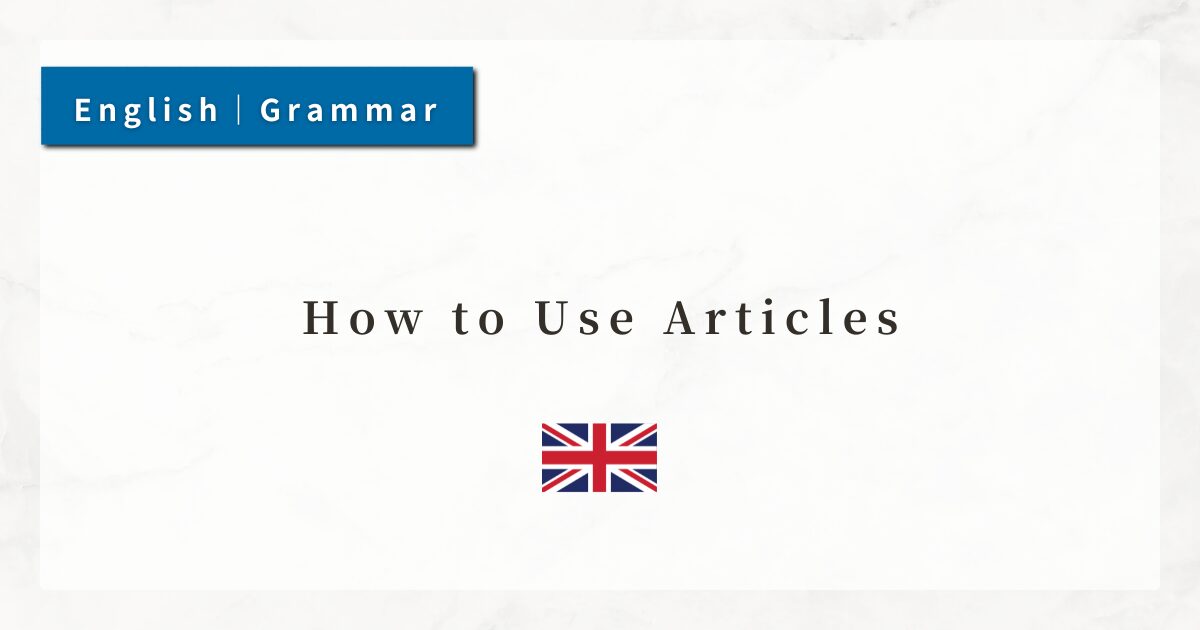#36 Applied Uses of Question Words|How to Form Complex Questions

English question words (who, what, when, where, why, how) are frequently used to create basic questions.
However, in real conversation, we do not only ask simple questions such as “Who is he?” but also use extended expressions like “I don’t know what to do” or “Wherever I go…”.
In this lesson, I will explain how to use question words in more advanced ways, with detailed examples.
1. Review of Basic Question Words
First, let me review the basic question words and their meanings.
| Question Word | Example |
|---|---|
| who | Who is she? |
| what | What is this? |
| when | When is your birthday? |
| where | Where do you live? |
| why | Why are you late? |
| how | How do you study English? |
Unlike Yes/No questions, English question words focus on the content of the question.
2. Question Word + Infinitive (to + Verb)
When a question word is combined with “to + base form of a verb,” it means “how to do something” or “what to do”.
- I don’t know what to say.
- Please tell me how to get to the station.
This structure can function as a noun clause, much like an indirect question. It is very useful in everyday conversation.
3. Question Word + ever (whoever, whatever, etc.)
By adding -ever to a question word, the meaning changes to “whoever, whatever, whenever, wherever”, often implying “no matter who/what/when/where”.
- Whoever calls, don’t open the door.
- Wherever you go, I’ll be with you.
- Whatever happens, don’t give up.
This form adds a nuance of unconditionality or universality. It is widely used in both spoken English and writing.
4. Indirect Questions with Question Words
In addition to asking directly, question words can also be used to form indirect questions, such as “Do you know…?” or “I wonder…”.
The word order is “Question Word + Subject + Verb,” not the usual question order with an auxiliary verb before the subject.
- I wonder where he is.
- Do you know what this means?
In real conversation, it is common to embed question words within sentences like this. Indirect questions are useful for polite inquiries and speculation.
5. Variations of How
Among question words, how has especially wide applications. Combined with other words, it specifies duration, distance, frequency, quantity, or price.
- How long ~?
- How far ~?
- How often ~?
- How much ~?
- How many ~?
- How long will you stay in Paris?
- How far is it from here to the station?
- How often do you go shopping?
- How much does it cost?
- How many friends do you have?
In this way, how helps to make questions more specific.
6. Summary
- The basic question words are who, what, when, where, why, how.
- “Question Word + Infinitive” expresses what to do or how to do something.
- “Question Word + ever” (whoever, wherever, etc.) adds the nuance of anyone, anytime, anywhere.
- Indirect questions use the word order “Question Word + Subject + Verb,” not the standard question order.
- Variations of how allow us to ask about duration, distance, frequency, quantity, or price.






